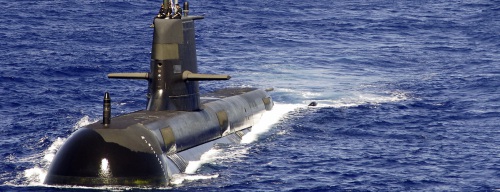
Australia

Country Spotlight
Australia is a party to all major nonproliferation treaties and export control regimes. After developing a chemical warfare capability during World War II and collaborating with the UK on nuclear weapons testing, Australia no longer maintains offensive WMD programs. In 2021 Australia announced a deal to purchase American nuclear-powered submarines.
See Australia's performance in:
Region East Asia and the Pacific
28% World’s uranium resources
1985 Australia Group founded
12 British nuclear weapons tests hosted
Nuclear
- Has never possessed or developed nuclear weapons
- Has largest known quantity of uranium resources in the world
- Party to the Treaty of Rarotonga, which established a nuclear weapons-free zone in the South Pacific
- Set to acquire nuclear-powered submarines via the AUKUS deal with the U.K. and U.S.

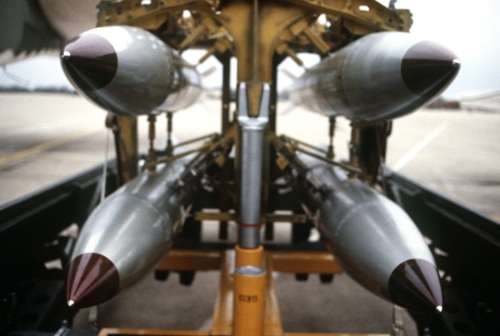
Tutorial on Nuclear 101
Biological
- Has never possessed a biological warfare capacity
- Conducts research on biological materials and biosecurity
- Ratified the Biological and Toxic Weapons Convention (BTWC) in 1977
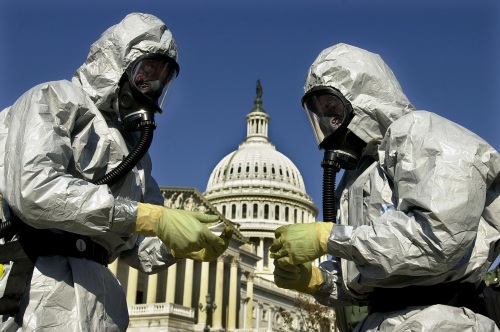
Tutorial on Biological Weapons Nonproliferation
Australia Overview
Missile
- Will develop and test hypersonic cruise missiles under agreement with the US
- Is a member of the Missile Technology Control Regime (MTCR) and was involved in drafting the Hague Code of Conduct Against Ballistic Missile Proliferation (HCOC)
- Deploys AGM-158 cruise missiles on its F/A-18A/B aircraft
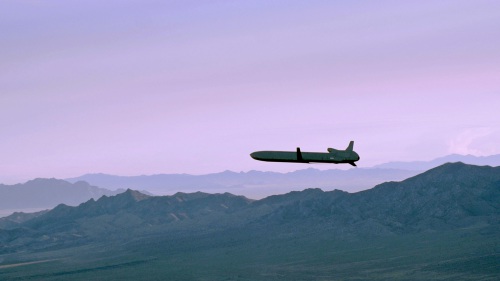
Tutorial on Missiles and Other WMD Delivery Systems
Overview of The CNS Missile and SLV Launch Databases
Chemical
- Destroyed its chemical weapons stockpiles after World War II
- Chairs the Australia Group, which enhances cooperation on controlling the spread of materials related to chemical weapons development
- Ratified the Chemical Weapons Convention (CWC) in 1994
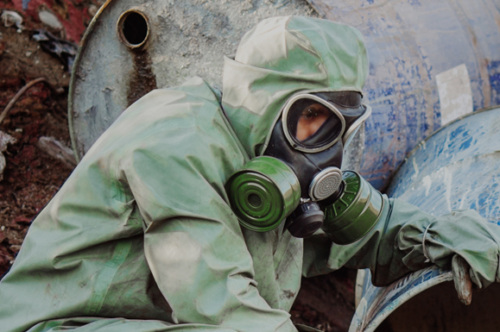
Tutorial on Chemical Weapons Nonproliferation
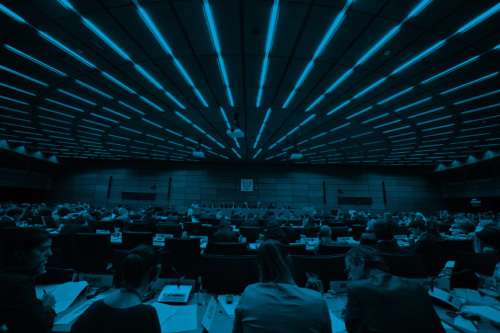
NTI Tutorials
Treaties and Regimes Memberships
- NTI
- CNS
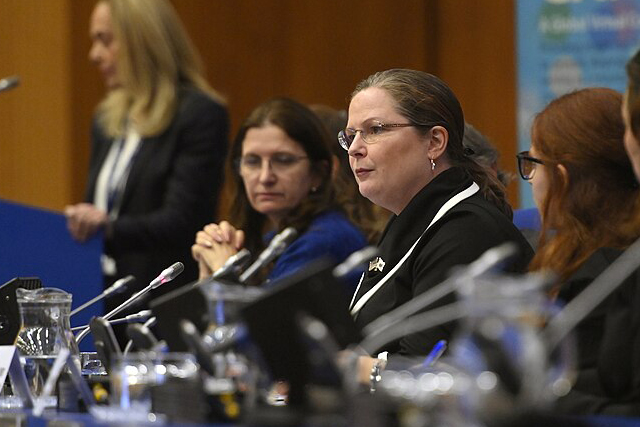
A Conversation with Ambassador Laura Holgate on the Future of Nuclear Security
Virtual NTI Seminar
|
11AM EDT
Please join us for a virtual conversation with Ambassador Laura Holgate, U.S. Ambassador to the Vienna Office of the United Nations and the International Atomic Energy Agency, on the “Future of Nuclear Security”
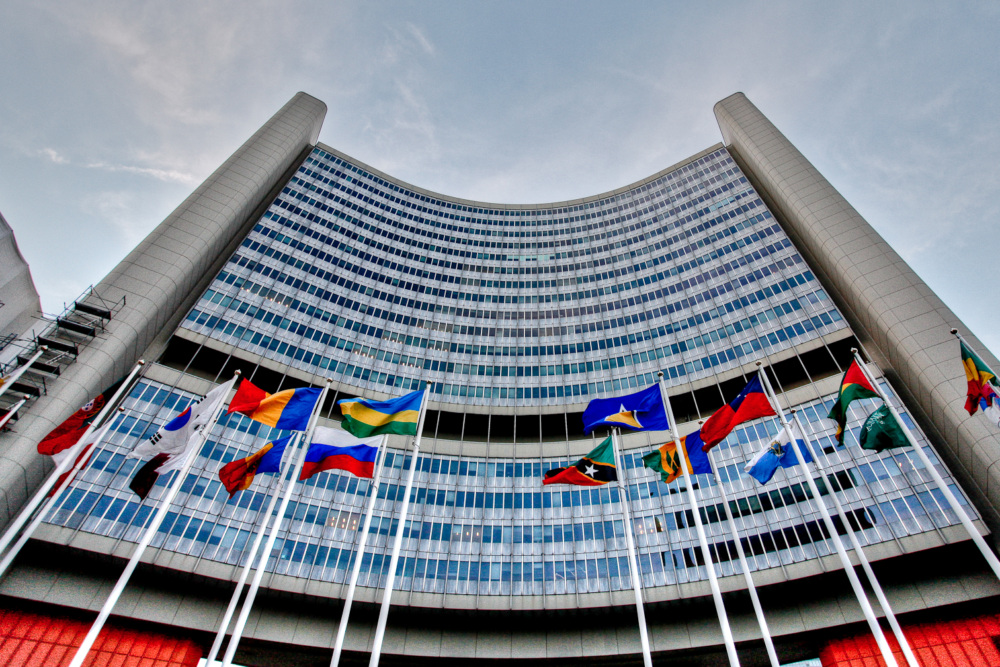
Time to Change Course on Nuclear Security
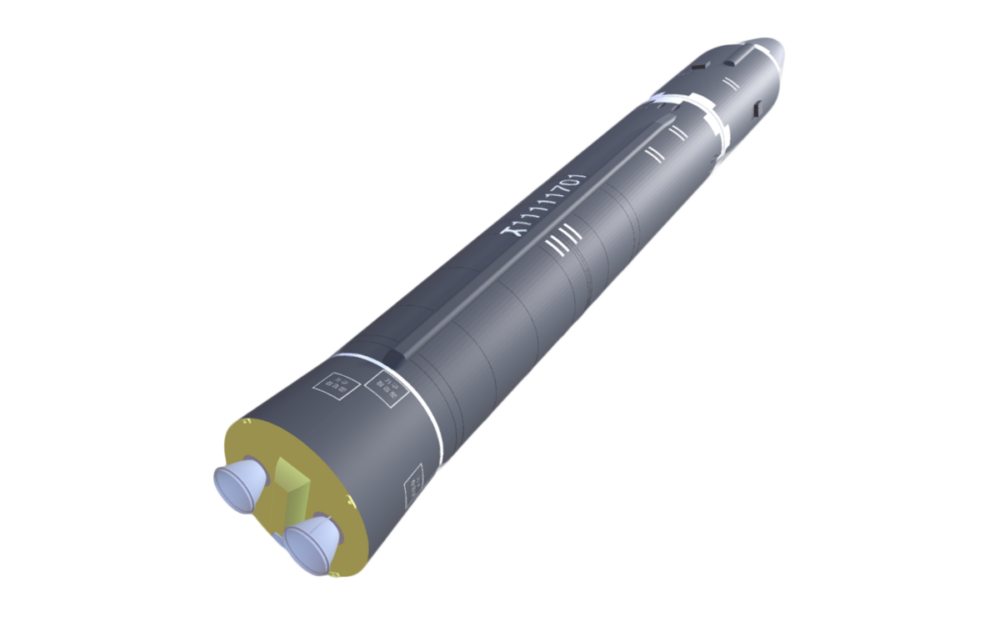
The CNS North Korea Missile Test Database

Education Center
